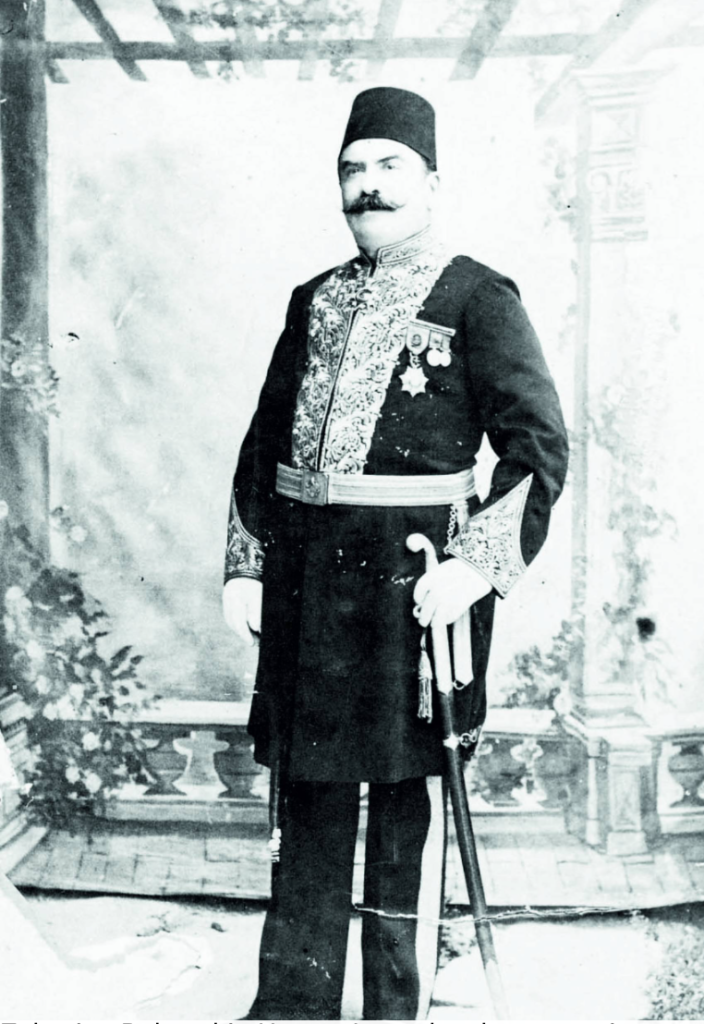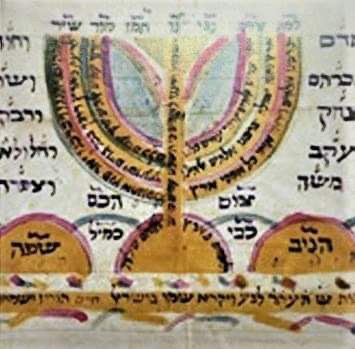
Source of the photograph: The Jewish Museum of Greece, https://www.jewishmuseum.gr
The Jewish community of Ioannina saw its heyday in the early days of the 19th century when the city was under the authority of Ali Pasha (1788-1822). Many members of the community worked in administration offices, trade flourished and manufacturing was promoted. The Jewish population increased in number, as did the city’s population in general, and the habitation was also expanded to the area outside of the city’s fortification. The crisis which struck the Ottoman Empire early in the 20th century with internal political friction, constant nationalistic and autonomist movements, loss of land and population, struck Ioannina too. Financial difficulties, low standards of living and strife between different religious communities in the city affected Jews, Christians and Muslims alike.
The 4000 Jews living in Ioannina at that time faced similar, related problems. There was a dire need of up-to-date knowledge and occupational training, and these things were taken on board, with a good deal of success, by schools that the Alliance Israèlite Universelle founded in 1904, and by a number of societies that were set up in the community by private individuals. As a result of this crisis, a significant number of Jewish people of Ioannina were influenced by the general wave of emigration from Greece and left for the United States of America and Palestine.
Such was the general state of things in the community when the Balkan Wars started (1912-1913). These wars ended with the liberation of Ioannina by the Greek army on 21st February 1913, whereupon it became part of the Modern Greek State along with most of Epirus.
Source of texts and photos: The Jewish Museum of Greece, https://www.jewishmuseum.gr
